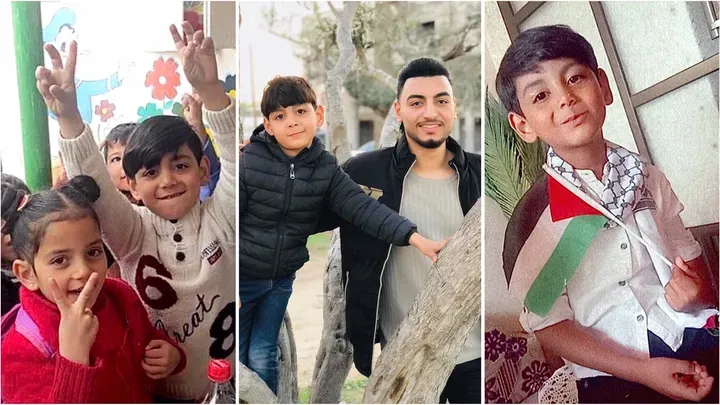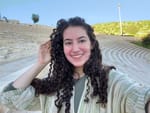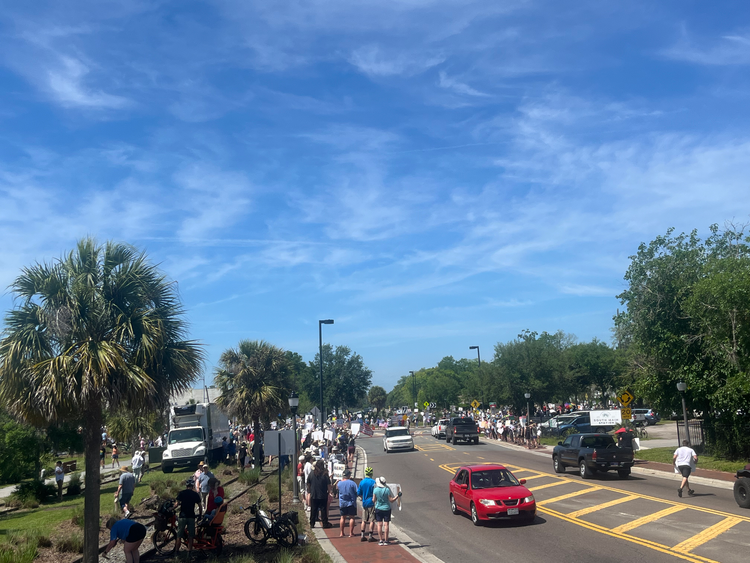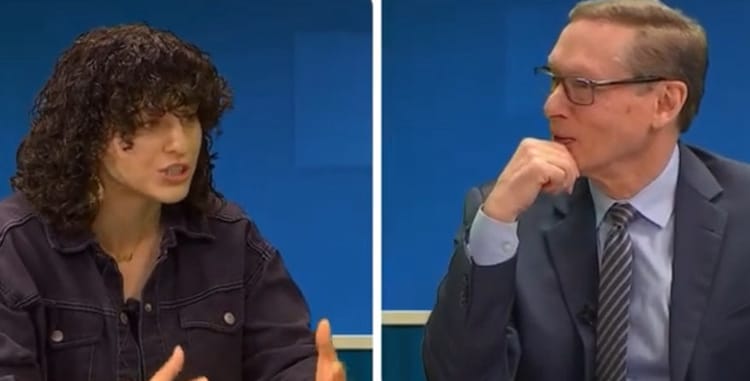Navigating Forced Displacement in Gaza
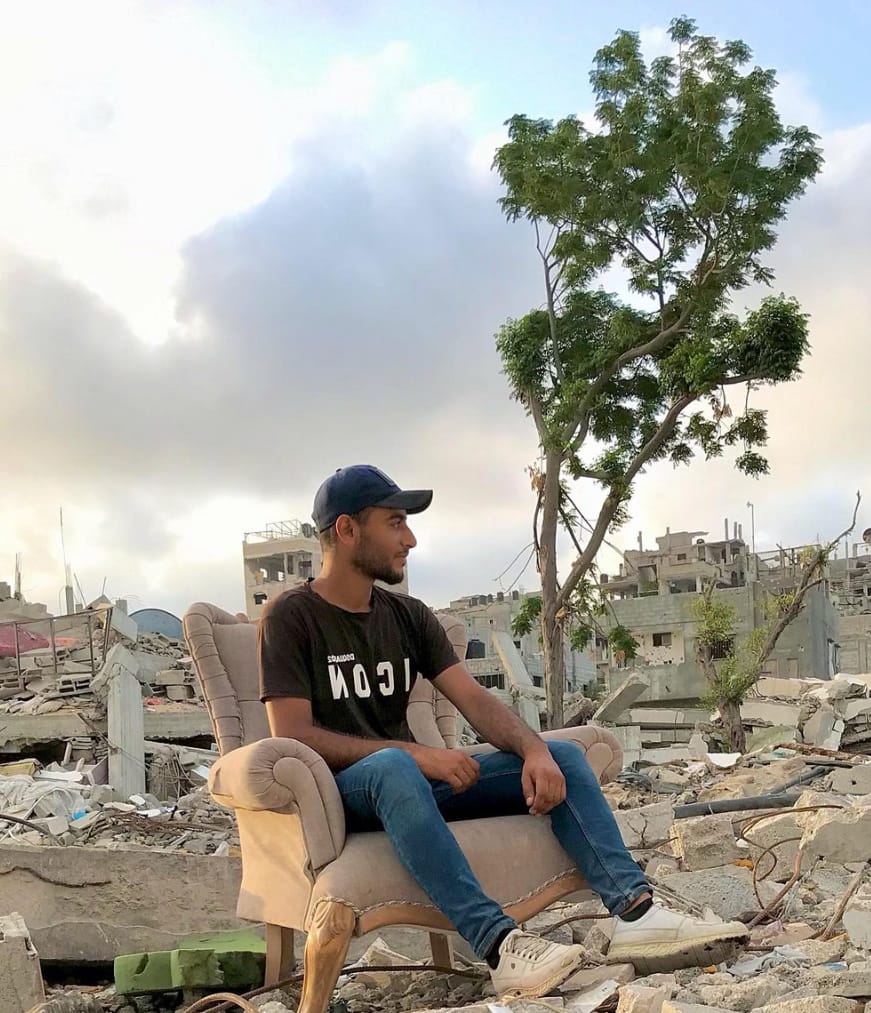
Since October 7th, Israeli forces have committed ongoing human rights violations against the Palestinian population in the Gaza Strip, succeeding several bombing campaigns that have targeted the region for decades. In this interview, Fadi Inshasi, a 23-year-old law student, sheds light on the experiences of a resident from the southern part of the Gaza Strip, offering a glimpse into the harsh realities of displacement.
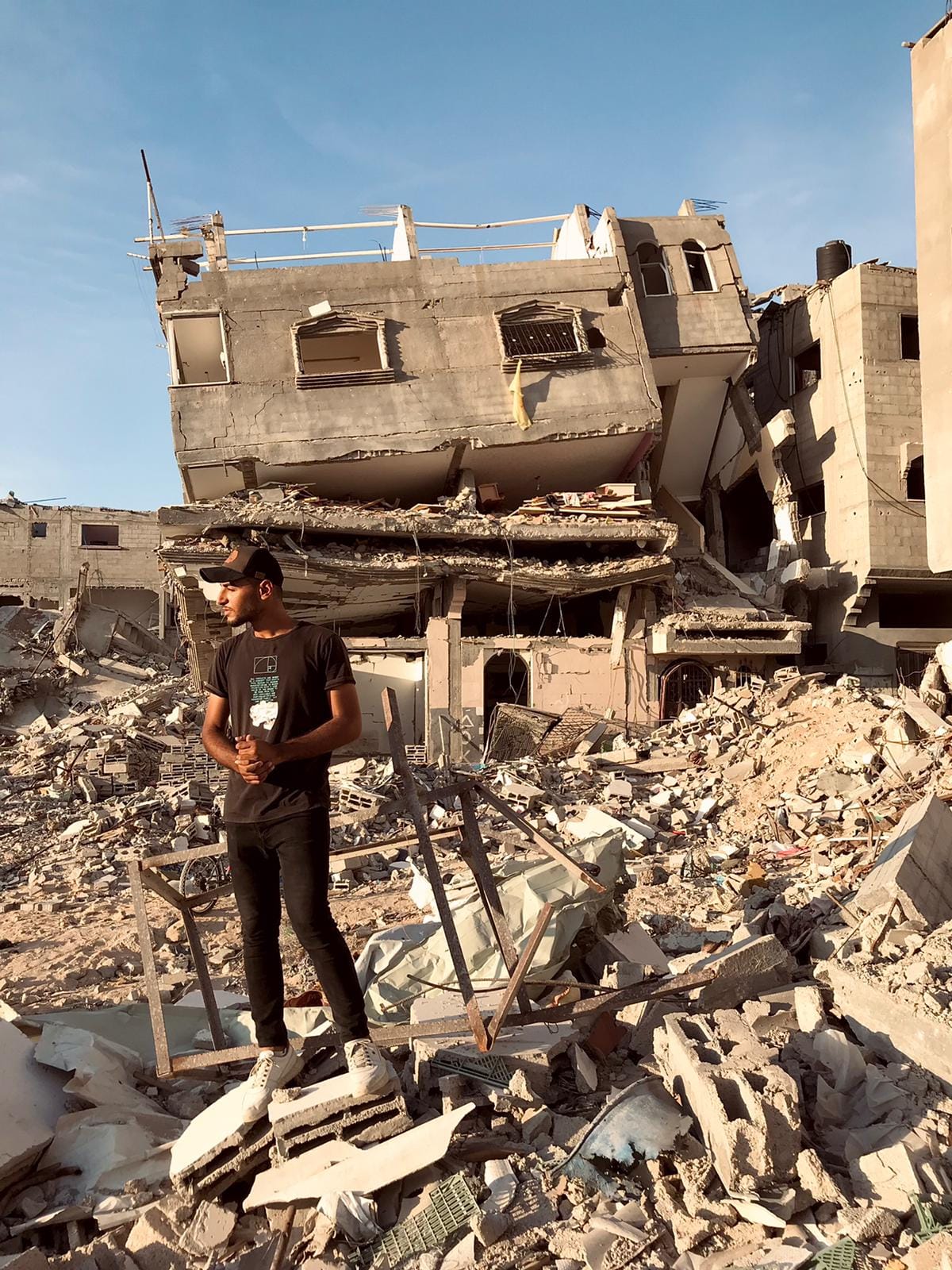
Where in Gaza are you located?
I live in the southern part of the Gaza Strip, in the city of Khan Younis, adjacent to the city of Rafah, which is located in the southernmost part of the strip. The border of Rafah separates Gaza from Egypt.
The army made a ground incursion two days ago from the eastern side of the city of Khan Younis and reached the center of the city. We are in the western region of the city.
Is the region you are in designated a “safe zone” by the Israeli army?
The area we are in is Mawasi, Khan Younis. The occupation claimed that it was a safe area, but this claim is false, based on the fact that 10 days ago the Mawasi, Khan Younis massacre occurred and had a wide resonance around the world, leaving 90 martyrs and more than 370 injured.
They target the area and the tents of the displaced. They rely more on air attacks, but tank shells have reached the region before, meaning the attacks occur by ground and air.
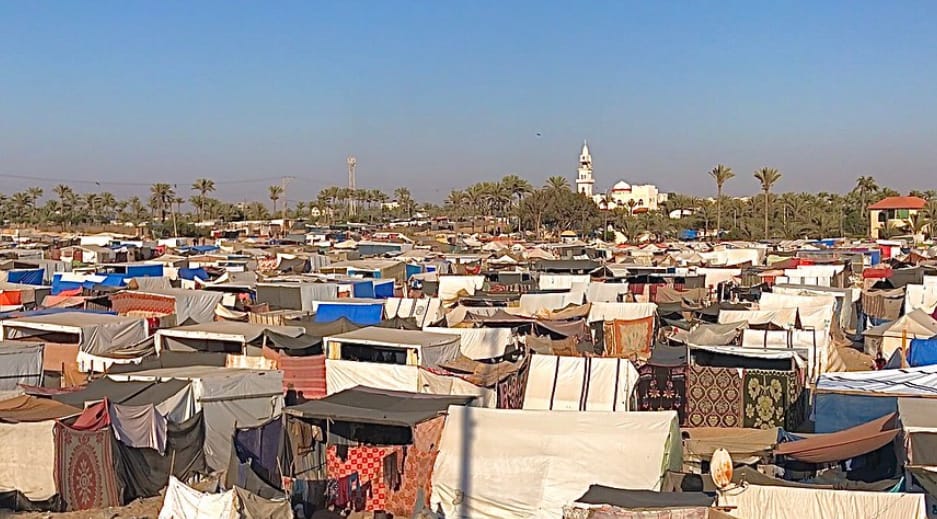
What is daily life like?
Since the war began, daily life has changed from what it was before. Our daily routine now consists of waking up early in the morning, going to the place where we get water and storing it to last for the rest of the day. Getting water is very difficult because we have to wait in line for several hours every day due to the large number of people who need water. There are very few water distribution stations, and there is no fuel for the water pumps, causing severe congestion.
After that, we look for firewood because we have started using wood for cooking due to the lack of gas. Then we wait for nightfall. Do you know why? Because after becoming tired from working all day, we want to rest, but we can't rest until night because it’s too hot to sit or sleep inside the tent during the day. Unfortunately, this is the daily life we and other families live. Imagine we have been in this situation for nine months and have now entered the tenth month of the war.

How do you get access to food?
We in the south of the strip now get food from UNRWA, which is responsible for refugees, and from the World Food Programme. Each family receives a food basket every two weeks. This basket is a cardboard box containing canned goods only, such as peas, beans, fava beans, chickpeas, carrots, canned meat, and sugar.
Meanwhile, in northern Gaza, people are dying of hunger due to the siege and lack of food or medicine. They are subjected to attacks by the army every day and every hour. The situation there is tragic. I have many relatives in the north who are suffering severely, and we are worried about them.
Are you able to sleep, given the conditions?
Yes, I sleep, and everyone here sleeps, because I spend all day getting our needs, and by the end of the day, we become very exhausted. Naturally, anyone who is tired sleeps, sometimes even without realizing it, due to the exhaustion from the day's work.
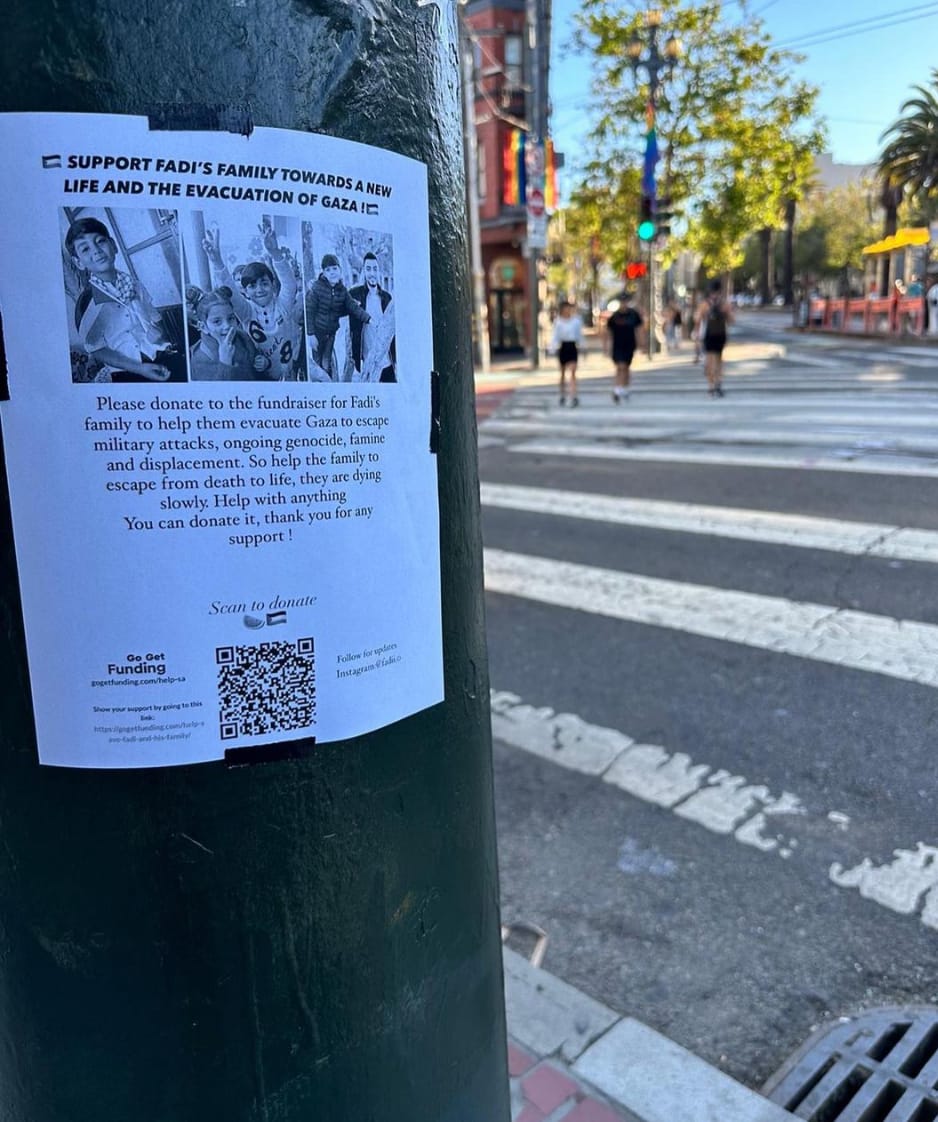
I want to ask about displacement because there is a lot that people here don't know about what happened historically. As best as you can remember, what was October 7 like for you, and what has happened each month since?
We, the Palestinian people, have been suffering from displacement since 1948 (known as the year of the Palestinian Nakba). Specifically, my family is not originally from the residents of Gaza; we are from the occupied Palestinian territories which today are called Israel. Our grandparents and parents, who have passed away, owned lands and homes. But in the year of the Palestinian Nakba, Jews in the Diaspora from around the world came to settle in our lands with support from some countries and by force of arms. Our grandparents fled in fear, leaving everything behind, and came to Gaza. Today, we are experiencing what our grandparents went through. Since the war started, we have been displaced from place to place several times.
As for October 7, for me, I consider it a historic day because of what happened that day– I mean the resistance against the occupation to recover our occupied lands. However, it was also a dark and ominous day because it led to a war of genocide. It would have been better if what happened that day had not occurred, as it resulted in extremely difficult days that followed. The first thing we faced was the Israeli army threatening residents of northern Gaza to move to the southern areas of the Gaza Strip because the army would invade northern Gaza by land.
After a while, the Israeli army decided to invade my city, Khan Younis, and threatened residents to move again to Rafah. After completing the destruction of Khan Younis, the army also threatened to invade Rafah, so people were displaced again from Rafah. The army designated the western area of Khan Younis and the central Gaza Strip as safe zones apart from combat areas. The western area is where we are now, and the sea borders the Gaza Strip to the west. Warships are present in the sea, participating in the bombing alongside planes and ground forces. Recently, there have been fears of the army threatening the central Gaza area, which includes the cities of Deir al-Balah and al-Nuseirat. This area has a large number of displaced people.
Are you living alone now or is someone living with you?
I am now living with my family in a tent. There are eight members in my family: my parents, my siblings (four sisters and my younger brother), and me. We all live in a tent that is seven square meters.
Is it true that you have to pay rent for the tents, and how does someone charge for a tent in this situation? Who imposes this?
Originally, the tents entered Gaza as aid from other countries, and they are distributed free of charge to those who need them. However, it may happen that the officials who are responsible for distributing the tents are corrupt and sell the tents instead of giving them away for free. This has happened, unfortunately, due to the lack of oversight. Therefore, those who cannot afford to buy a tent look for wood and manually make a tent from wood and nylon, which is less expensive, to shelter their families. We did this and made our tent by hand because we do not have enough money to buy a ready-made tent.
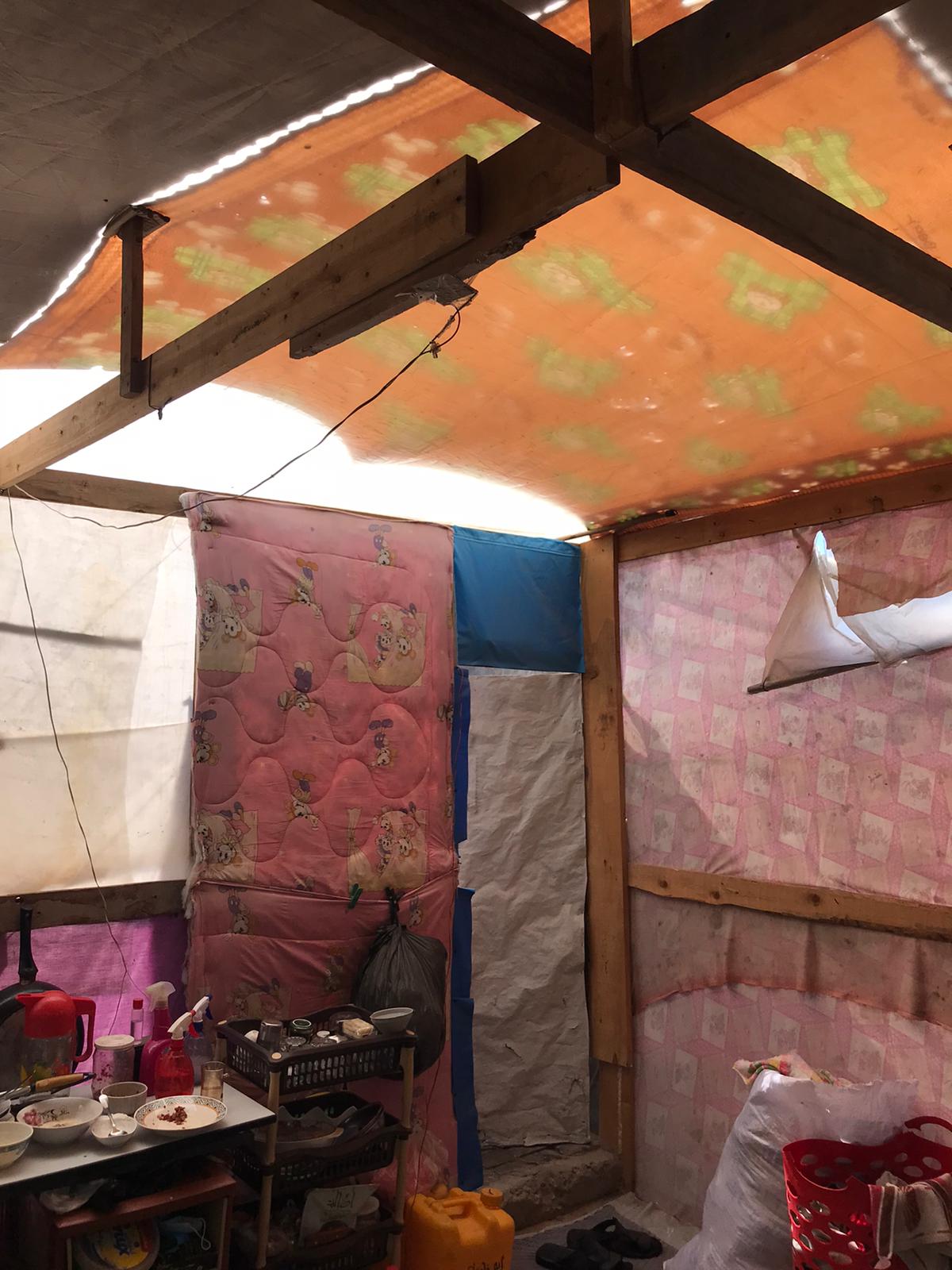
Have there been any incidents involving you or anyone you witnessed with Israeli soldiers?
Yes, an incident occurred with me and my family. When the Israeli army targeted us specifically, we were in our house in the center of my city. At that time, we moved to the house of a relative. After a while, while we were staying in that house and sleeping, there were crazy, unexpected successive explosions from planes, ground military vehicles, and warships. We all woke up in fear and expected that we would die together at any moment.
We discovered that the army had surrounded us and was very close to us. We could not get out because they were in the neighboring streets, but after several hours, we saw the army evacuating civilians. We went out carrying a white flag to indicate surrender, but before we left, the army began intimidating us and intimidating our children with weapons. They forced people to take off their clothes and walk on their knees in the street. The army arrested some, and they are still imprisoned to this day. However, we escaped alive after hours of detention and intimidation.
The Israeli army was immediately aggressive for no apparent reason, even though they knew we were civilians. Despite this, they treated us like terrorists, and our only crime was being Palestinian, nothing more. They would tell us “We will kill you all, and we will not allow a single Palestinian to remain alive.” The Israeli soldiers and their equipment are present in large numbers. They were near us, talking to us, accusing us, and insulting us.
When these attacks occur from Israel, are there any resistance fighters defending Palestinian civilians, or is it a completely one-sided battle?
When attacks from Israel occur, there are resistance fighters who confront them, but this occurs in combat areas empty of civilians. The resistance fighters do not confront them while civilians are present for fear of the lives of civilians and fear of attacks that Israel might escalate. However, the number of fighters has become small because many have been killed since the beginning of the war, as they do not have the mechanisms of a large, well-supported country.
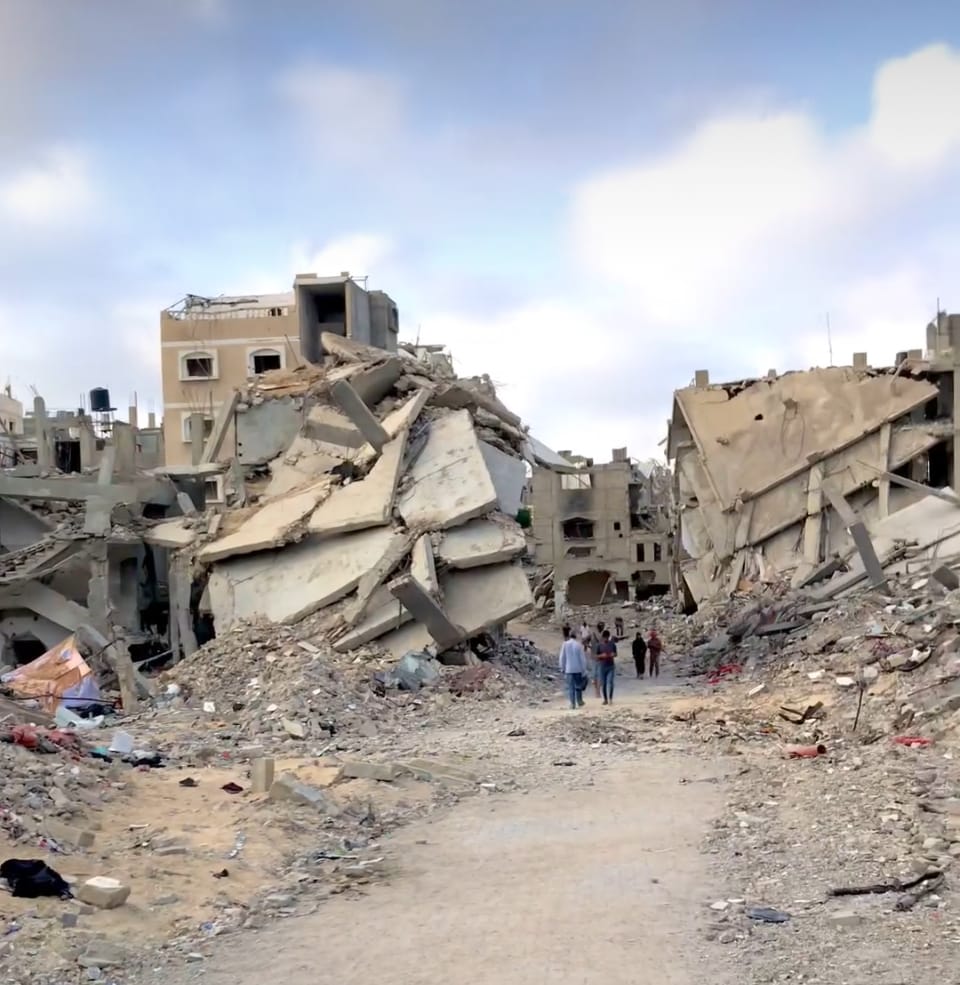
What will it take for you to leave Gaza?
It is not possible to leave Gaza currently because the only crossing that can be used for traveling is the Rafah Ground Crossing, and this crossing is now completely controlled by the Israeli army. They have destroyed the crossing and burned the buildings within it.
This crossing is the only way to exit Gaza, and through this crossing, we go to Egypt. Now, negotiations are underway to hand over the crossing to an international body not linked to the previous government in Gaza, so that the crossing can be repaired and travel through it can be restored. This may take some time, and currently, no one can leave due to the attack on the city of Rafah and the army’s failure to withdraw as of now.
Before the attack on the city of Rafah, the border crossing was open to anyone who wanted to leave Gaza and escape the war. Unfortunately, only those who had a lot of money left Gaza and escaped the war. The reason for this was that the Egyptian authorities were asking each person who wanted to leave for a large sum to coordinate their exit. The price of the coordination reached $7,000 per person. If a family wants to leave, and this family consists of several members, they need a very large amount of money. Unfortunately, this was clear exploitation by the Egyptian authorities of the residents of Gaza. Whoever wants to live pays the price of life.
What will you do once you get out?
When I leave Gaza for Egypt, I and my family will look for a place to live and we will look for work, as we will live in Egypt for some time so that my brothers and I can complete our studies. I will also get a laser treatment for my eyes because I have some problems with my cornea called "Keratoconus."*
I am about to graduate, and after I graduate, I am thinking of traveling to Europe, specifically to Belgium, because some of my relatives who traveled to escape the war have gone to Belgium, including my aunt, her family, and some of my friends. They were able to travel during the war because they had the money to pay the coordination fees for the Egyptian authorities.
*Keratoconus is an eye condition in which your cornea gets thinner and gradually bulges outward into a cone shape, causing blurred vision and sensitivity to light and glare.
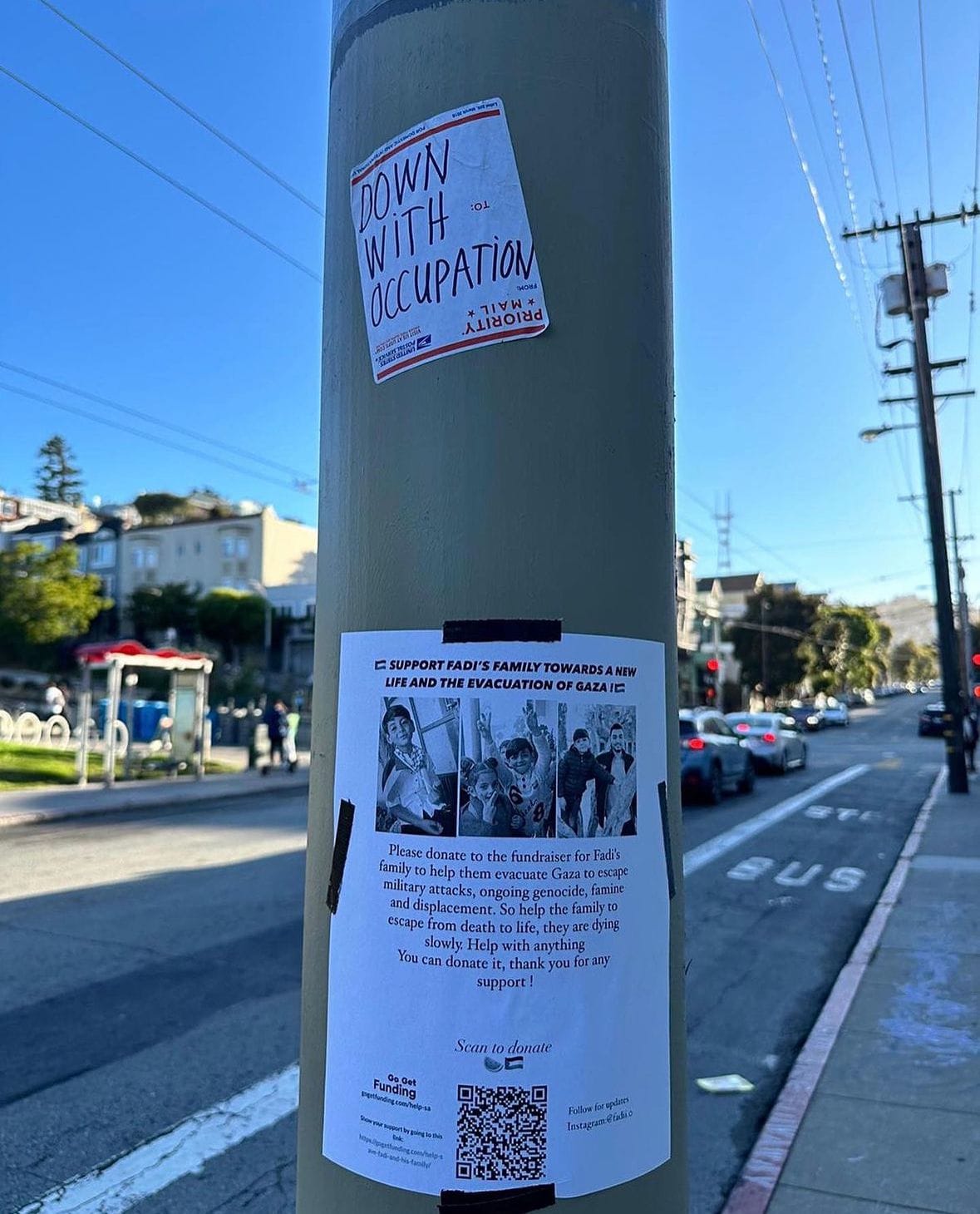
What is the situation in terms of the Ministry of Health?
The Ministry of Health has collapsed and can no longer accommodate the large number of injured people because approximately 13 hospitals have gone out of service throughout the Gaza Strip. The Israeli army does not allow the necessary medical supplies to be brought in for the sick and wounded, leading to the martyrdom of the injured due to the lack of treatment. Sometimes, the army bombs the trucks carrying aid coming to the residents of Gaza.
Only two hospitals remain in all parts of the Strip. The first hospital that is left is Nasser Hospital in the city of Khan Yunis, and the other hospital is Al-Aqsa Martyrs Hospital in the central region of the Gaza Strip. The northern Gaza region now does not have any hospitals, as all hospitals in northern Gaza have been destroyed.
Nasser Hospital in the city of Khan Yunis was partially destroyed during the attack on the city of Khan Yunis, and some of the buildings in it were burned. However, it was repaired in a way so that it could receive the injured.
The martyrs are still being updated every day and every hour due to the continuous aerial bombardment and daily massacres committed against the displaced population. A large number of missing persons are still awaiting rescue and among the rubble of destroyed homes, as there are not sufficient mechanisms to help in removing the bodies, and many of the bodies have decomposed in the streets. They still divide the people who got martyred from the women, children, and elderly into different lists so that the world can see these statistics and know that the Israeli army’s purpose is to target innocent civilians.
Thus, the Ministry of Health is considered somewhat active and effective, depending on what is provided of necessary medical equipment from abroad.
Do you have any loved ones who were martyred that you want to talk about?
Yes, I have loved ones who were martyred. I lost one of my friends from university, and I cry for him every day. He was one of my closest friends. He had recently graduated and loved law school; he had dreams and ambitions in life, but he died, taking his dreams with him.
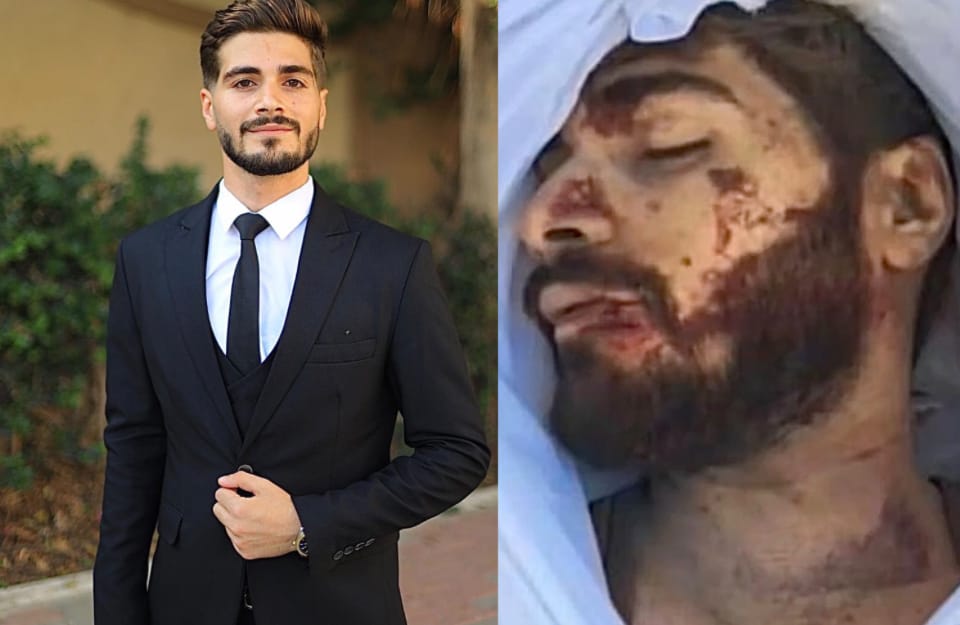
I also lost my cousin. He and his family were displaced from the northern Gaza Strip and came to the south. They were living in our house during the displacement because they had no relatives in the south. When my city was threatened, we fled along with his family. We moved to a tent, and they moved to a school, as schools were shelters for the displaced because education was suspended during the war. One day, the Israeli army attacked the school where they were staying. A sniper positioned on top of a building shot him, and he was buried inside the school because it was impossible to leave at that time. We also lost many neighbors.
Is there anything else you'd like to say to Gainesville or anyone reading this?
Please, do not forget Palestine, and do not forget the suffering of the Palestinian people that they have been subjected to for many decades. I hope that you will pray to God that the day of liberation will come, that we will return to our lands that were stolen, that we will live independently and the occupation will end. Do not leave us alone, and continue to talk about Gaza.
To donate to Fadi's GoFundMe you can click on the picture below.
